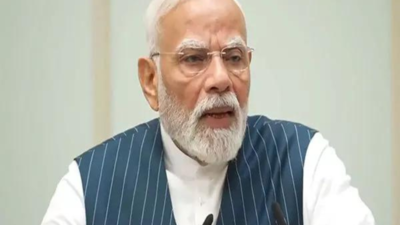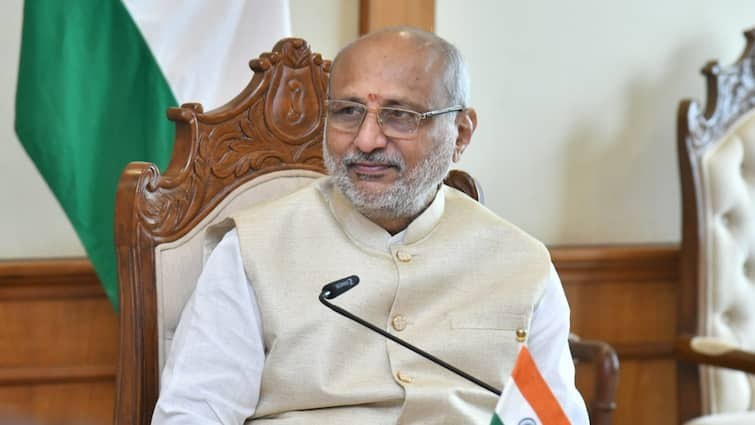As Nepal plunged into a crisis, PM Narendra Modi chaired a meeting of the Cabinet Committee on Security (CCS) to discuss the developments in the country, saying the violence witnessed there was heart-rending. Modi said he was anguished that many young people had lost their lives and appealed to all “brothers and sisters” in Nepal to support peace. “The stability, peace and prosperity of Nepal are of utmost importance to us,” he said.Earlier in the day, India’s response to the Gen Z uprising in Nepal, which devoured PM K P Sharma Oli, was restrained expectedly as the government – in a statement Tuesday morning – said it was closely monitoring the situation and urged all concerned to exercise restraint and resolve issues through peaceful means. After news of Oli’s resignation, the government issued an advisory asking Indian nationals in Nepal to shelter in their homes, follow local safety advisories and Indians here to defer travel to Nepal. In its morning statement, the first official response to developments in Nepal, the Indian government also said it was deeply saddened by the loss of many young lives and expressed condolences to the families of the victims. Unlike the statement jointly issued by several European countries, India stopped short of seeking protection of fundamental rights but its response was still an acknowledgement of the organic nature of the protests on Monday in which 19 lives were lost. Oli had claimed that “certain elements” had infiltrated the protests. India will have few tears to shed for Oli, not least because of his continued courtship of China. In July last year, Oli junked alliance with fellow Communist leader P K Dahal Prachanda to enter into a power-sharing agreement with pro-India party Nepali Congress (NC), himself taking oath as PM for the 4th time. In a break from the past, however, Oli chose China for his first bilateral visit. This meant the Indian government had to take a rain check on Oli’s proposed visit to India. Oli was finally scheduled to come mid-September but even this was derailed by Nepal’s public outburst on the border issue which was provoked by India’s decision to reopen trade with China through the Lipulekh pass that is claimed by Nepal. India did not want Oli’s visit hijacked by Nepal’s border claims, which it sees as not based on historical facts and evidence. However, India might have to contend with a different type of instability in Nepal as it’s not just Oli but all mainstream leaders and parties that are under attack. The protests were triggered by a ban on social media but quickly turned into an insurrection, fuelled not just by anger against Oli or his government but also deep-seated resentment among the Gen Z about the recurring political game of musical chairs, which has seen the same leaders take turns to rule the country, rent-seeking politicians and rampant corruption. Former Indian ambassador to Nepal Manjeev Puri says that while the present crisis was precipitated by the mishandling of protests by local authorities for which the buck had to stop at the top, the increasingly aspirational Nepal youth has genuine reasons to feel disgruntled about the political situation in Nepal. He also says the ban on social media was avoidable at a time of increasing Nepal exposure to globalisation. Unlike in the case of Bangladesh, where it fell victim to its ties with the leader, India can perhaps hope to safely allow the churn to play out in Nepal while remaining focused on the cooperative ties across diverse sectors that have yielded benefits for the people of both the countries. Oli was not India’s man, after all. In the meantime, as Puri says, India can counsel the leaders about the need for political sagacity and for being empathetic towards the people of Nepal.




